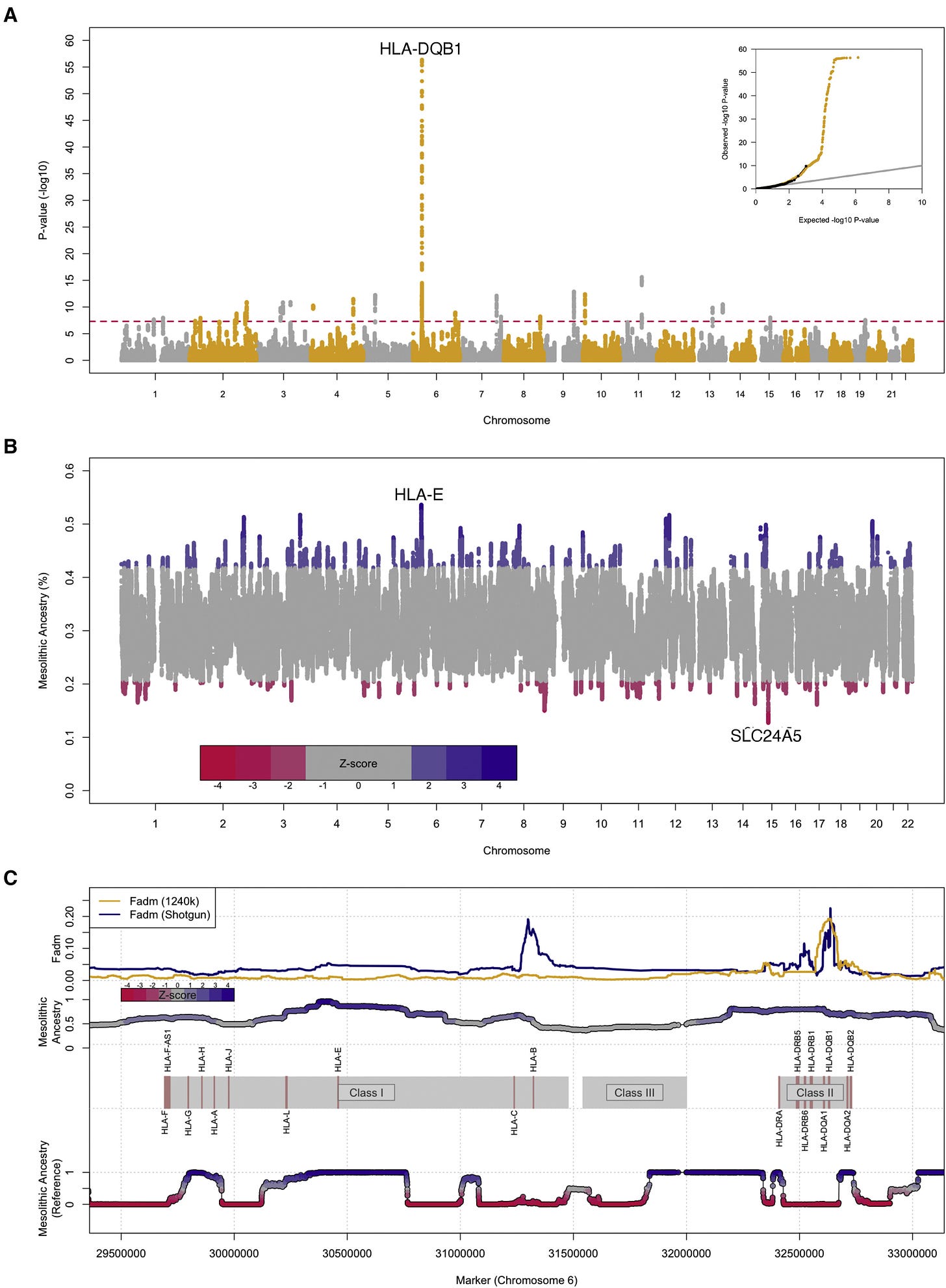Hunter-gatherer genes helped early European farmers fight disease, a new study has revealed
A new study found that early European farmers were able to survive disease more easily thanks to genes they inherited from hunter-gatherers
A new study published in the journal Current Biology1 has found that early European farmers inherited a significant amount of genetic material from local hunter-gatherers. The study, which was conducted by researchers at the University of Tübingen in Germany, analyzed the genomes of 52 ancient individuals from Europe. The researchers found that the hunter-gatherers contributed an average of 20% of the genetic material to the early farmers.

The study's findings suggest that the early farmers and hunter-gatherers interbred extensively. The researchers believe that this interbreeding may have been due to cultural or economic factors. They also suggest that the interbreeding may have helped the early farmers to adapt to their new environment.
The study's findings provide new insights into the history of Europe and the people who live on the continent. They also suggest that interbreeding between different groups of people can have a significant impact on a population's genetic makeup.
Pontus Skoglund, Hunter-gatherer admixture facilitated natural selection in Neolithic European farmers, Current Biology (2023). DOI: 10.1016/j.cub.2023.02.049. www.cell.com/current-biology/f … 0960-9822(23)00189-6


